Structural Mechanics Blog Posts

Designing Fully Superconducting Rotating Machines
Researchers from the Department of Mechanical Engineering at the University of Houston used simulation to investigate the stress and heat distribution in superconducting rotating machines >>
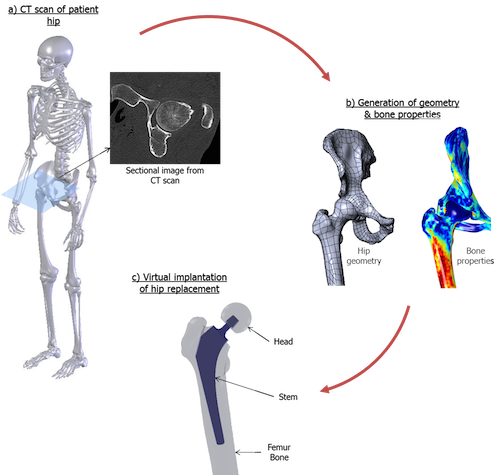
Stress and Fatigue in Modular Implants Used in Hip Joints
A crucial part of the design process for modular implants, such as replacement joints, is to study how the modular combination of parts will behave under dynamic loads and stresses.
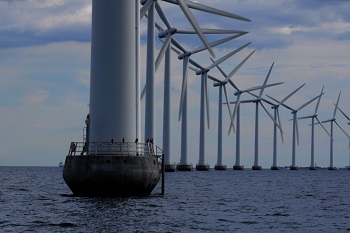
Seas of Change for Wind Turbines
One benefit of placing wind turbines offshore? They can’t be heard! Even better? High winds occur with more regularity offshore, making energy production more effective!
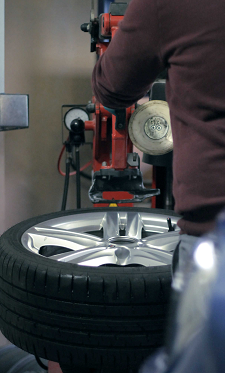
Air Pressure Sensor Performance Relies on a Solid Design
Ever wonder how your car can tell when there’s low pressure in a tire? Sensors are placed at the bottom of each tire hub and measure air pressure automatically while the car is in motion.

Improving Your Golf Swing with a Multibody Analysis
The outcome of a golf stroke is determined by the movement of the club head just prior to impact with the ball. Therefore, one theoretically could improve their golf swing via multibody analysis.
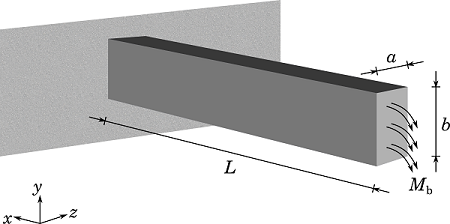
How to Model Residual Stresses Using COMSOL Multiphysics
Learn how to compute the residual stresses in your structural mechanics models. To demonstrate, we use the example of a deep metal drawing process. Read on…
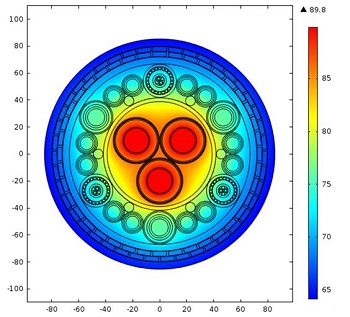
Cable Simulations Spark New Developments at Prysmian Group
The Prysmian Group, a leader in cable systems for many different industries, are using simulation to improve their development process, save resources, and optimize their cable designs.
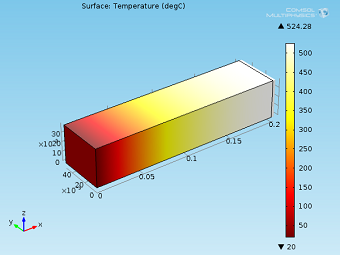
Heat Transfer in Deformed Solids
Learn how to model the physics that account for thermoelastic effects in immobile solids when coupling heat transfer and solid mechanics. Follow-up to an earlier post on conjugate heat transfer.
